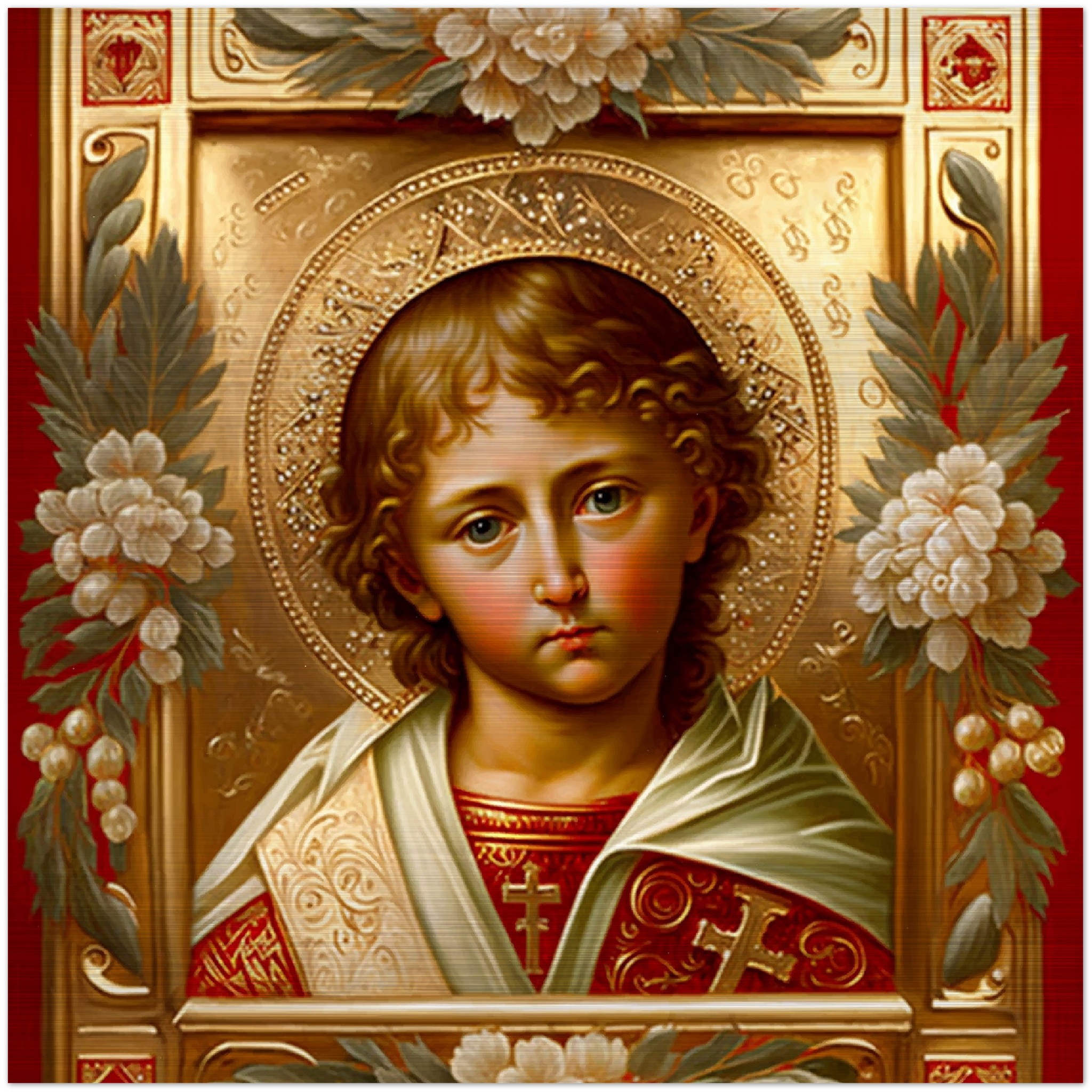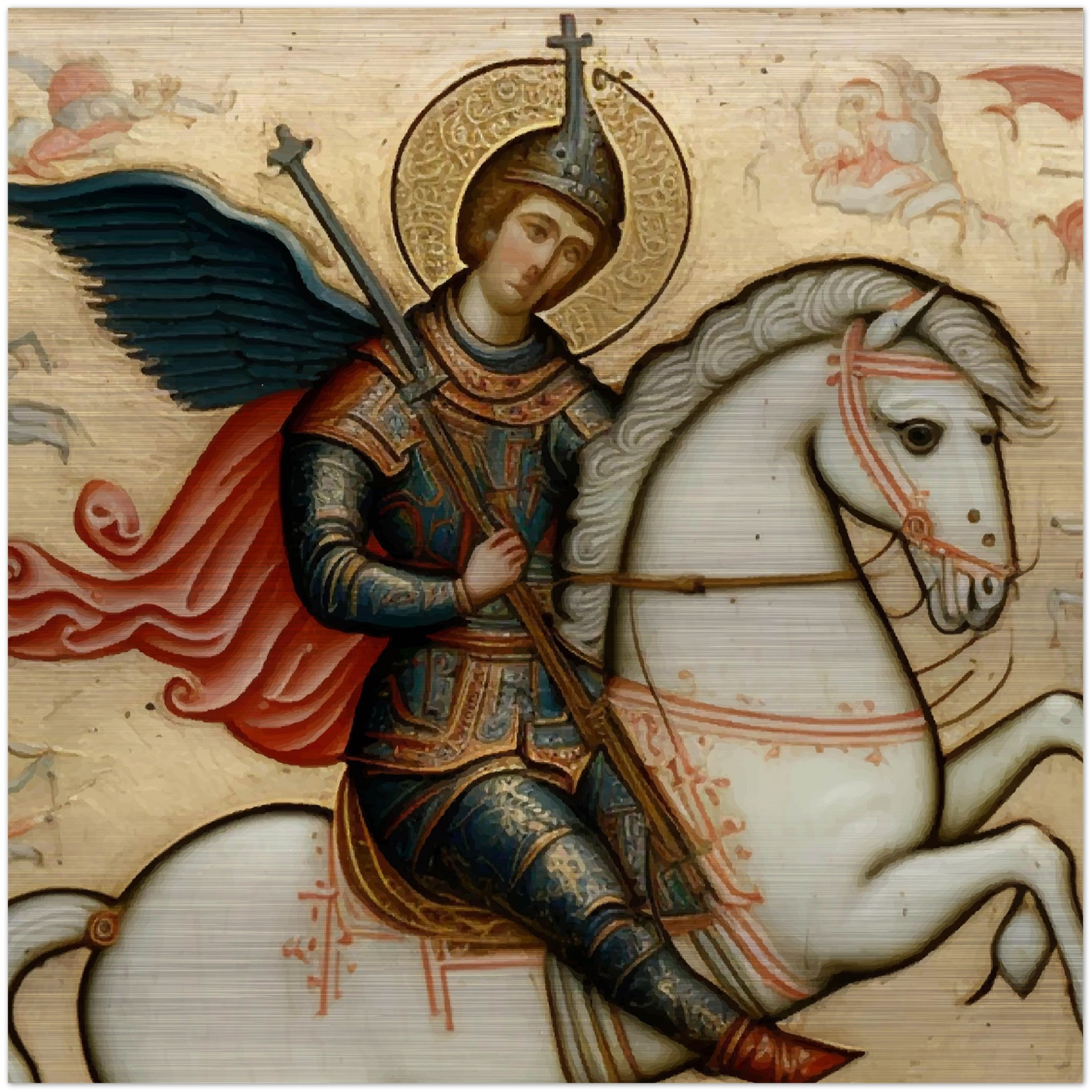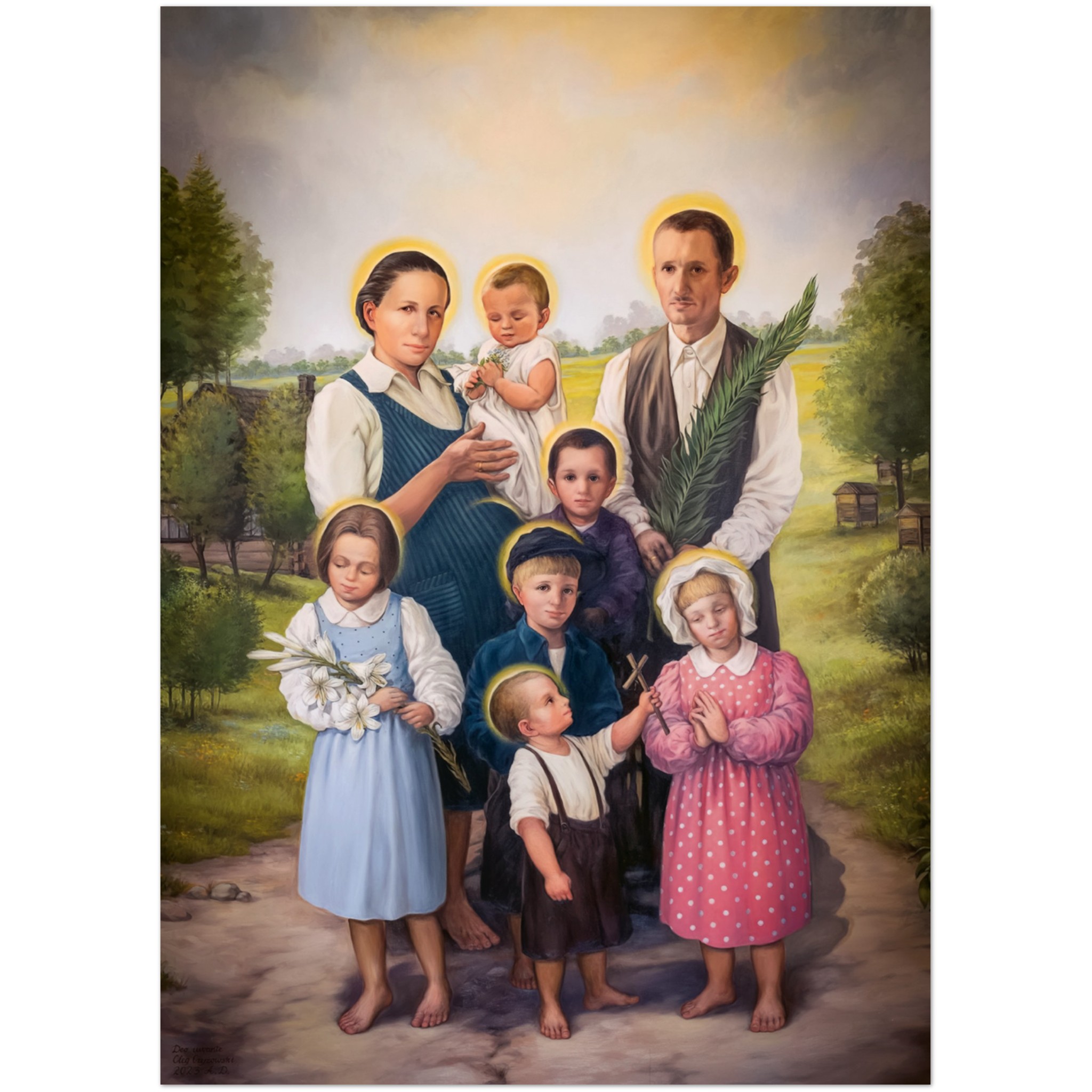Random Saint

SAINT BEDE, CONFESSOR

SAINT BEDE CONFESSOR
Saint Bede was born on the lands of the monastery of Wearmouth and Jarrow, which stood on the River Tyne in northeastern England. At the age of seven he was given by his relatives to the Abbot Benedict to be educated. From that time he spent his whole life in the monastery
devoting himself to the study of the Scriptures. He was a born scholar. “Through all the observance of monastic discipline,” Bede wrote, “it has ever been my delight to learn and teach and write.” In his nineteenth year he was admitted to the diaconate and in his thirtieth to the priesthood, both by the hands of Bishop John of Beverley and at the bidding of the Abbot Ceolfrid. “From the time of my ordination up till my present fifty-ninth year I have endeavored for my own use and for that of the brethren to make brief notes upon the Holy Scriptures, either out of the works of the venerable fathers or in conformity with their meaning and interpretation.” Bede then gives a list of his many writings,- works on science, chronology, poetics, and history, as well as commentaries on the Scriptures. He concludes with these pious words: “And I pray Thee, loving Jesus, that as Thou hast graciously given me to drink in with delight the words of Thy knowledge, so Thou wouldst mercifully grant me to attain one day to Thee, the fountain of all wisdom, and to appear forever before Thy face.”
Beyond a few visits to friends in other monasteries, Bede’s life was passed at Jarrow in one round of prayer and praise, writing and study. A fortnight before Easter in the year 735, he began to be much troubled by shortness of breath, and his brothers realized that the end was near. Nevertheless his pupils continued to study by his bedside and to read aloud, though their reading was often interrupted by tears. He for his part talked and read to them and sang praises to God. During the Forty Days from Easter to Ascension Day, he took time from his singing and instructing to start dictating two new books, one a translation of St. John’s Gospel into Anglo-Saxon, and the other a collection of notes from se. Isidore. On the Tuesday before Ascension Day he began to grow weaker. He passed the day cheerfully and kept on with his dictation, saying occasionally to the scribe: “Go on quickly; I do not know how long I shall hold out and whether my Maker will not soon remove me.” After a wakeful night he began to dictate the last chapter of St. John. At three in the afternoon he sent for the priests of the monastery, distributed among
them some pepper, incense, and a little linen which he had by him in a chest, and asked for their prayers and Masses. That evening the boy who was taking down his translation of the Book of John said: “There is still one sentence, dear master, that I have not written.” That last sentence was supplied, the boy said it was finished, and the dying man murmured: “You have well said, all is finished. Now take my head in your hands that I may have the comfort of sitting opposite the holy place where I used to pray, and so sitting may call upon my Father.” And on the pavement of his cell, the brothers around him singing “Glory be to the Father, and to the Son, and to the Holy
Ghost,” he peacefully breathed his last.
The title of “Venerable” by which Bede is usually known was a term of respect bestowed in ancient times on highly esteemed members of religious orders. We find it applied to Bede by the Council of Aix-la-Chapelle in 836, and it has clung to him through succeeding centuries. Though in 1899 he was named Saint and Doctor of the Church, “Venerable” remains his special designation to this day.
rosary.team


































